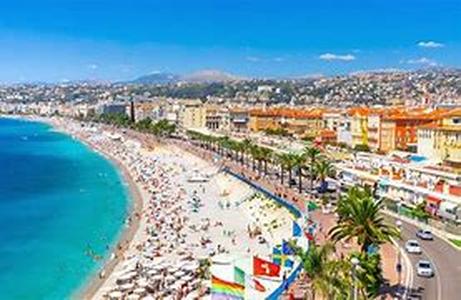
A Body Of The Citys Local Government, Transport For London (TfL) Is Tasked To Oversee The Citys And That Of Greater Londons Transport System. Its Primary Function Is To Execute The Strategies And To Supervise The Transport Services Within London. Members Of The Board, All Of Which Are The Mayor Of Londons Appointees, Control The Transport For London. The Mayor, Currently In The Person Of Ken Livingstone, Likewise Acts As The Boards Chair. The Management Of A Team Of Individuals With Various Responsibilities, As Well As The Role Of Reporting To The TfLs Board Is Done By The Commissioner Of Transport For London. Greater London Authority Act 1999 Conceived The Transport For London In 2000. Almost All Of Its Responsibilities Were Handed Down In 2000 By The London Regional Transport, Its Predecessor. But It Only Started Taking Control Of The London Underground In 2003. Control Over The Public Carriage Office, Or Londons Taxicab System Was Only An Inheritance From The Metropolitan Police. The Transport For London Is Divided Into Three Divisions With Specific Scope Of Responsibilities According To The Various Transportation Modes. The London Underground Is Mainly Tasked To Manage The Citys Underground Railway, More Familiarly Known As The Tube. The London Rail Division Has The Responsibility To Coordinate With Those Who Provide Services For The National Rail And That Of The London Overground. It Also Has The Responsibility Of Monitoring The Light Rail Or The Docklands Light Railway Together With Its Private Operator. The Surface Transport Has The Job Of Managing Several Transport Services Which Includes: London Dial-a-Ride, London Buses, London Trams, London River Services, Victoria Coach Station, And Public Carriage Office. It Also Has The Task Of Managing The Citys Road Network, The Development Of Pedestrian Access, The Endorsement Of Cycling, And The Advertisement Of Safety Measures.The Transport For London Is Not Only Concerned With The Actual Management Of Transport Services, But It Is Also Doing Its Share To Promote The Cultural Heritage Of The City. It Is The Owner And The Operator Of Londons Transport Museum Which Showcases The Citys Transport Heritage. Located In Covent Garden, The Museum Is Also Proud Of Its Depot In Acton, Where Rare Materials Are Displayed. Transport For London Certainly Helps The City Achieve A More Systematized System Of Public Transport. Without It, The City Will Most Likely Be Faced With Huge Transport-related Problems.





